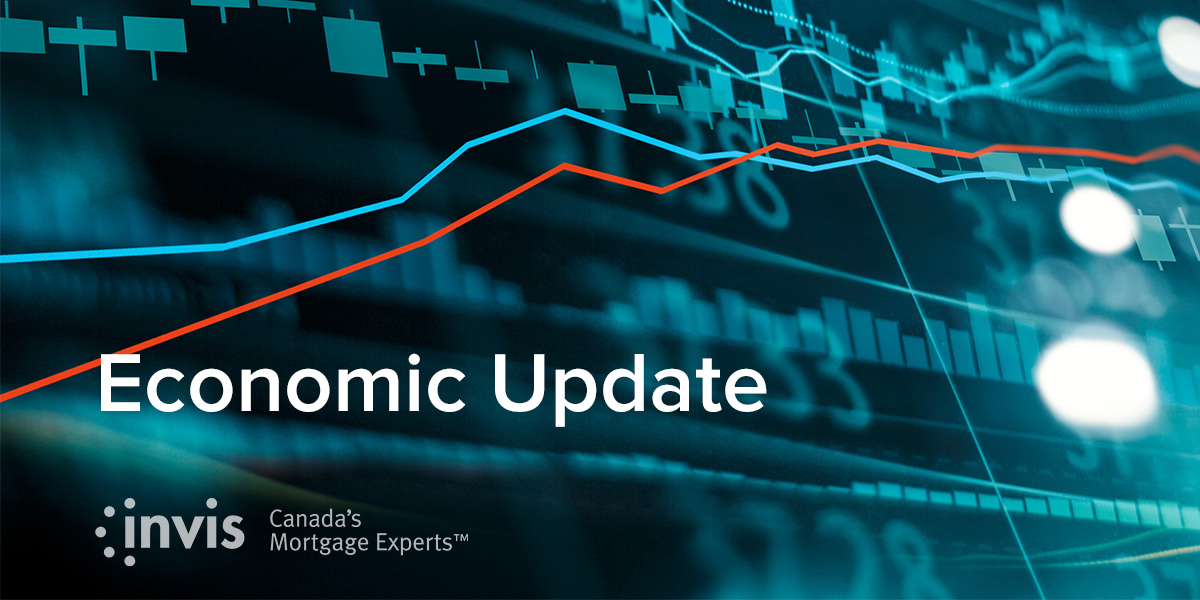Understanding the Recent Mortgage Rate Adjustments: What It Means for You
Last week brought significant news for homeowners and potential buyers alike, as the Bank of Canada reduced its interest rate by 0.25%. This rate cut, the first since March 2020, has led to noticeable shifts in both fixed and variable mortgage rates, creating new opportunities for those in the housing market. Whether you’re renewing your mortgage or considering buying a home, it’s essential to understand how these changes might impact you.
How the Bank of Canada’s Rate Cut Affects You
The recent 0.25% reduction in the Bank of Canada’s interest rate is welcome news for those with variable-rate mortgages or home equity lines of credit (HELOCs). If you fall into this category, you’ll likely experience lower monthly payments, providing some financial relief during these uncertain times.
Additionally, this rate cut has had a ripple effect on fixed mortgage rates. With a drop in bond yields, many mortgage providers have reduced their fixed rates by up to 0.25%, especially for popular 3- and 5-year terms. This adjustment opens up favorable conditions for anyone with an upcoming mortgage renewal or those looking to purchase a new home.
Fixed vs. Variable Rate Mortgages: Which Option Suits You?
With these recent changes in the market, choosing between a fixed or variable rate mortgage has become more significant. Each option offers distinct advantages, depending on your financial objectives and your comfort level with risk.
Fixed-Rate Mortgages: Predictability and Peace of Mind
A fixed-rate mortgage offers predictability and stability, key factors in today’s fluctuating market. By locking in your interest rate, a fixed-rate mortgage protects you from future rate increases, providing peace of mind and consistent monthly payments. Given the current difference between fixed and variable rates, a fixed-rate mortgage could be a prudent choice if you prefer financial certainty.
Variable-Rate Mortgages: Flexibility and Potential Savings
Alternatively, a variable-rate mortgage might be attractive if you’re open to taking on a bit more risk. While variable rates may start higher, they could decrease further if additional rate cuts occur, potentially leading to savings over time. However, this option also carries the possibility of rising rates, so it’s best suited for those who can manage fluctuating payments.
Making an Informed Decision
Deciding between a fixed or variable rate mortgage is a highly personal choice that depends on your unique financial situation and long-term goals. Whether you’re drawn to the stability of a fixed rate or the potential benefits of a variable rate, it’s essential to carefully evaluate your options.
If you’re considering renewing your mortgage or entering the housing market, now is the time to assess how these rate changes affect your mortgage strategy. Making an informed decision can help you secure the best possible terms for your situation.
Let’s Explore Your Mortgage Options Together
Choosing the right mortgage isn’t always straightforward, but you don’t have to make the decision alone. We’re here to help you navigate the recent changes and find the mortgage solution that best suits your needs.
Contact us today for a free consultation, and let’s discuss your mortgage options in detail.



